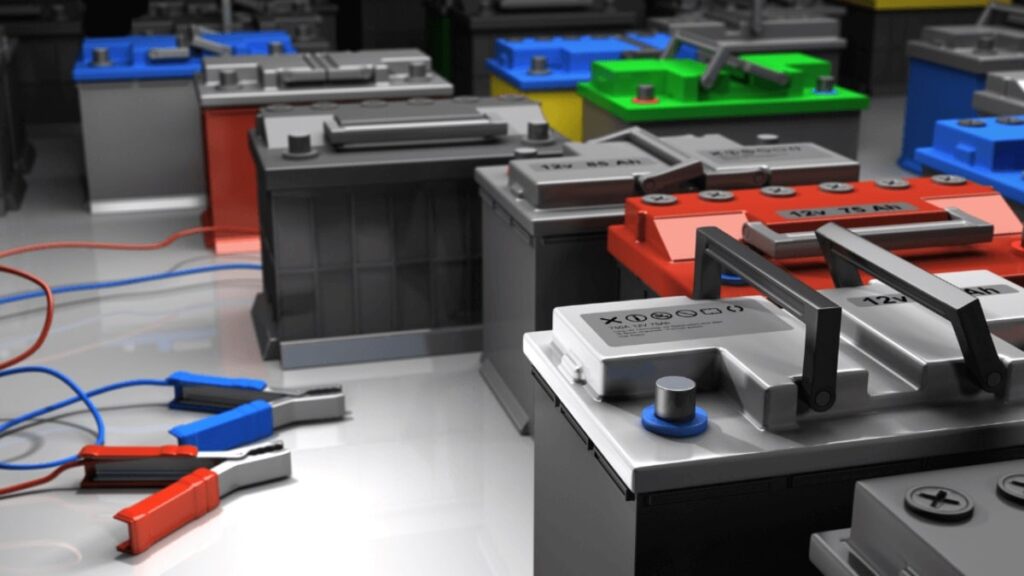Selecting the right battery for your boat is highly relevant for ensuring a safe and enjoyable time on the water. Your boat’s battery is the powerhouse behind everything from starting your engine to powering electronics and appliances.
Your boat’s battery is one of the boat parts that is most critical, and making the right choice can mean the difference between a smooth, worry-free journey and being stranded at sea.

Here are five essential tips to guide you in selecting the perfect battery for your boating needs. Just keep on reading for more information.
Understand Battery Types.
The first step in selecting the right battery for your boat is understanding the different types available and their intended uses. There are mainly three types of marine batteries: starting (cranking) batteries, deep cycle batteries, and dual-purpose batteries.
Starting batteries are designed to deliver a high burst of power for a short duration to start the engine. They have many thin plates inside, which provide a large surface area for this purpose.
Deep Cycle batteries are designed for prolonged usage, providing a steady amount of power over a long period. They’re perfect for powering trolling motors, appliances, and electronics because they can be discharged and recharged many times.
Dual-Purpose batteries attempt to offer the best of both worlds, providing cranking power and the ability to cycle deeply, albeit not as well as a specialised battery in either aspect.
Consider Battery Chemistry.
The chemistry of a battery determines its performance characteristics, maintenance requirements, and lifespan. The most common types of marine battery chemistries are lead-acid, AGM (Absorbed Glass Mat), Gel, and Lithium-ion.
Lead-Acid Batteries are the traditional choice, offering a good balance of cost and performance. However, they require regular maintenance, including checking and consistent topping up of the electrolyte levels.
AGM Batteries are sealed, maintenance-free, and can handle high discharge rates and vibrations well, making them suitable for rough waters.
Gel Batteries also require no maintenance and are good for deep cycling, but they are more sensitive to charging rates and voltages.
Lithium-ion Batteries are the newest technology in marine applications, offering the best performance in terms of weight, efficiency, and recharge rates. The obvious drawback is that they come at a higher initial cost.
Size and Power Requirements.
It’s essential to choose a battery with the right physical size and power capacity for your needs.
The battery should fit securely in your boat’s battery compartment. Its power capacity, measured in ampere-hours (Ah), should match the energy demands of your boat’s electrical system and devices.
For starting batteries, consider the cold cranking amps (CCA) rating necessary to start your engine, especially in cold weather.
Evaluate Your Boating Habits.
Your battery selection should align with your boating habits. For casual boaters who take short trips and may not have many electrical demands beyond starting the engine, a reliable starting battery might suffice.
If you enjoy longer voyages or have equipped your boat with numerous electronic gadgets, investing in one or more robust deep cycle batteries, or even a dual-purpose battery, could be more appropriate.
Brand and Warranty Considerations.
Finally, don’t overlook the importance of choosing a reputable brand and a strong warranty. A well-known brand with positive reviews is likely to offer reliable performance and good customer support.
A comprehensive warranty can also provide peace of mind, ensuring that you’re covered in case of defects or premature failure.
Selecting the right battery for your boat involves careful consideration of battery type, chemistry, size, and power requirements. By taking the time to understand these factors, you can get a battery that is reliable and offers sufficient power for all your boating adventures.

